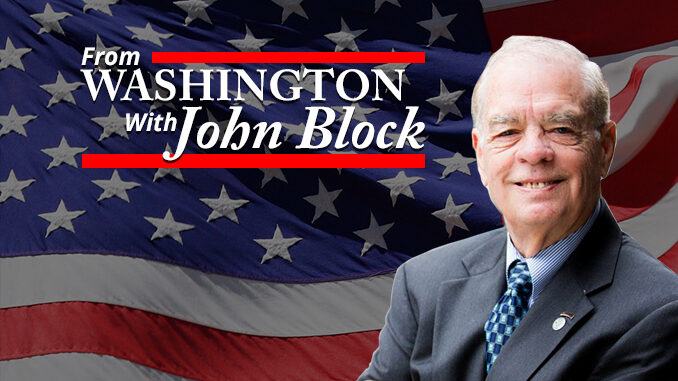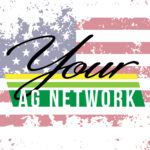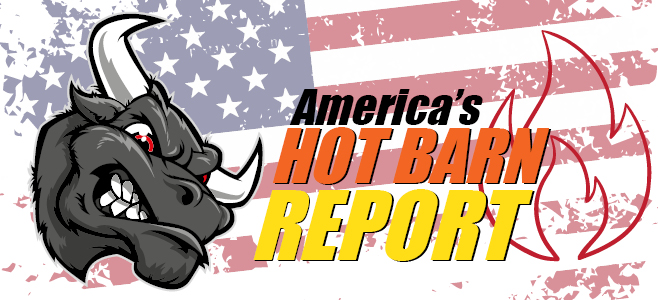

Hello everybody out there in farm country. This radio commentary is brought to you by the National Corn Growers Association, CropLife America, and Renewable Fuels Association. They are all friends, supporters, and allies of a healthy farm economy and prosperous rural America. Thank you.
And now for today’s commentary –
Congress is back for the so called “Lame Duck” session. They will be expected to pass legislation to keep the government funded or it will shut down. But they should not spend more money. Too much money chasing too few goods drives inflation. We all know that when Covid hit us, we flooded the economy with money. We are hopeful that the Federal Reserve increase in interest rates will help to push inflation down. That won’t be enough if we keep fanning the flame of inflation with more money.
The more money we hand out the more our debt goes up. We have to pay interest on that debt. We paid $1.06 trillion last year to service our debt. As interest rates go up, we must pay even more. In recent years our national debt has exploded. We have $24 trillion of publicly held debt. Projections are that our gross interest expense will hit $1 trillion per year. Families and businesses cannot survive if debt payments eat up all their income. Neither can our government. Let’s put the brakes on spending.
In 2010 our Congress passed PAYGO – “Pay As You Go” legislation. President Obama signed the law. It requires that any spending that increases the deficit must be offset by mandatory cuts. Sounds like a commonsense idea. But it has not happened because the offset has been waived by Congress. If Congress would just pass a package of cuts in spending as required by PAYGO, we could avoid the debt increase. The bottom line is we desperately need to put an end to deficit spending. With 40 years of high inflation here is another idea that could slow down government spending. It isn’t new. We have tried it before, but members of Congress don’t like it because it prohibits them from spending on special little projects in their districts to get votes. They are called earmarks. Such small projects should be left to the state, city or county.
Last March the Omnibus Spending Bill had 5,000 Congressional earmarks costing $9 billion. It is time for our Congress and President to step up and deal with our debt.
Until next week, this is John Block reporting from Washington, D.C. If you would like to review my radio shows going back more than 20 years, just go on-line to www.johnblockreports.com.




